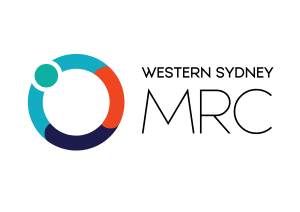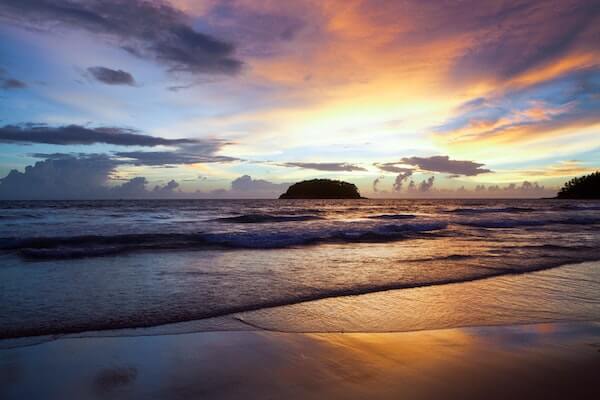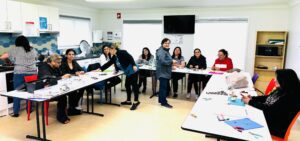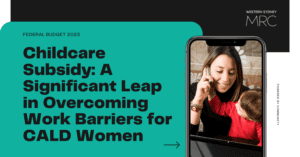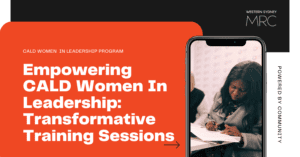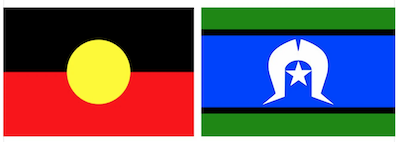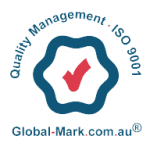“I recently read The Happiest Refugee by Anh Do, who fled Vietnam and travelled on a small boat with 40 relatives as a toddler, got attacked by pirates and arrived in Cabramatta, Sydney, Australia. After arrival, his parents worked day and night sewing and running a duck farm, so Anh and his brother could afford to go to school and get an education. It was truly a motivational book that inspired me to research further about refugees and the arising issues of displacement that still despite all the programs and bills implemented by the Australian Government and the UN exist today. Though what I found was rather disheartening, The conditions of immigration detention facilities, lack of access to family reunification for many refugees, robust refugee status determination processes and the prevalence of hate speech against refugees (refugee phobia) make the status of being a refugee more displeasure than it already has, it puts an extra burden on innocent people that already have so much to carry.
So much so that this issue is now classified as a humanitarian crisis. The international refugee regime is broken, the laws that we created 100 years ago don’t apply effectively to the modern world and nothing is being done about it. We need to fix this system and this is and change these laws.
Refugees are classified as a person who are outside their country of nationality or residence and have a fear of persecution because of their race, religion or particular social group or political opinion. There has been a rapid increase in conflicts and war in places like Iraq, Congo, Syria, Myanmar, Afghanistan, Iran and most recently Ukraine. People in such situations are forced to leave their homes, move to other areas in their home countries, cross borders or even resettle in a whole new country. They are faced with an abundance of problems in between such as legal documentation (visas, passports, licenses), financial status, and finding affordable housing. finding employment, language and communication barriers. community attitudes and impact of disrupted education on schooling.
This gives them very limited options for escape:
Encampment
They can move to refugee camps where they seek to go back to their old countries or move to new countries but more than 25% of these people live in refugee camps for years, even decades with distance and lack of communication with families, guilt, worries, struggles with mental health, they are provided with limited food/water no education for the youth.
Dangerous, risky journey through land and sea
Many take life-threatening journeys in the ocean on a small boat with illegal smugglers to reach a destination that they are not even sure will accept them. Very often they may be turned around and returned to international waters, or transferred to offshore processing centres.
Destitution
Many refugees often are pushed into urban settings and faced with poverty being so extreme that one lacks the means to provide for oneself. With no employment and limited resources, they are on the brink of mortality.
Throughout my research sage, I read many stories of capable individuals who once began as refugees, one that specifically caught my eye was a story about a girl known as Falak whose home was invaded in Baghdad and bombs were dropped all over her neighbourhood. In the darkness of the night, she fled to Australia with her family and Sadak grew up in the diverse city of Melbourne, although she struggled with earning a new language and fitting in, she worked hard and today she works as a lawyer to stand up for the rights of the most marginalized people in our society inspired by her own backstory.
“Change will not come if we wait for some other person or some other time. We are the ones we’ve been waiting for. We are the change that we seek” taught Barack Obama so today I want to encourage everyone to assist, to change or fight for the implementation of change this Refugee Week because we can and we should.
Advocate
The easiest thing you can do is believe in a better situation for refugees and carry that belief and spread it wherever you go and to whoever you talk to. The Australian Refugee Council (ARC) is the national body for refugees and the organizations that support them. Your advocacy efforts could range from helping individuals to access existing services, to calling for policy change to create services that are needed, to helping influence public opinion on the refugee crisis.
Donate
When people flee their homes, they often leave with very little. Even after reaching safety, refugees may need essential items to help them start their new lives. The West Welcome Wagon is a not-for-profit incorporated organisation providing material aid donations and assistance to asylum seekers in the Australian community. Run by volunteers they identify the needs of local asylum seekers and respond directly to them and are run mainly by the donations of the public.
Assist in the community
Kindred Kindness provides practical support to people seeking asylum in Australia in the form of connecting them with services and material goods, one of the group’s founding principles is extending kindness and friendship to those seeking asylum. This includes offering friendship through letter writing to those in detention, organising outings with asylum seekers in the community, to holding community events, fundraisers and vigils.
It was only with the help of advocacy, donations and acceptance from the community that made Anh Do who he is today an actor, producer, artist and winner of many awards. It was only the inclusion and love from the community that inspired Falak to do what she does today.
While we live here in Australia, a modernized country with socioeconomic well-being and stability, there are innocent people on the other side of the world, people exactly like you and me except they are given no sight of their future. Our systems are so shattered that we make illegal smugglers the only way for refugees to enter a new country, so destroyed that we detain child asylum seekers and so disintegrated that we don’t provide them with the protection they need.
RIYANNA BANDARA LOKUGE, AGE 13
So I urge you today to take action, to remove their daily sight of grey skies, risks of air raids or bombs and displacement and instead give blue skies with job support, financial stability, education for children and a chance to live a better life. Let’s fix the refugee system and help refugees strive not just thrive. As Albert Einstein, once a refugee himself said” A bundle of things is not the only thing a refugee brings to his/her country”.
Reproduced with Permission: Riyanna Bandara Lokuge- Age 13; Year 8 High School Student from Western Sydney.
Photo by Anthony DELANOIX on Unsplash
